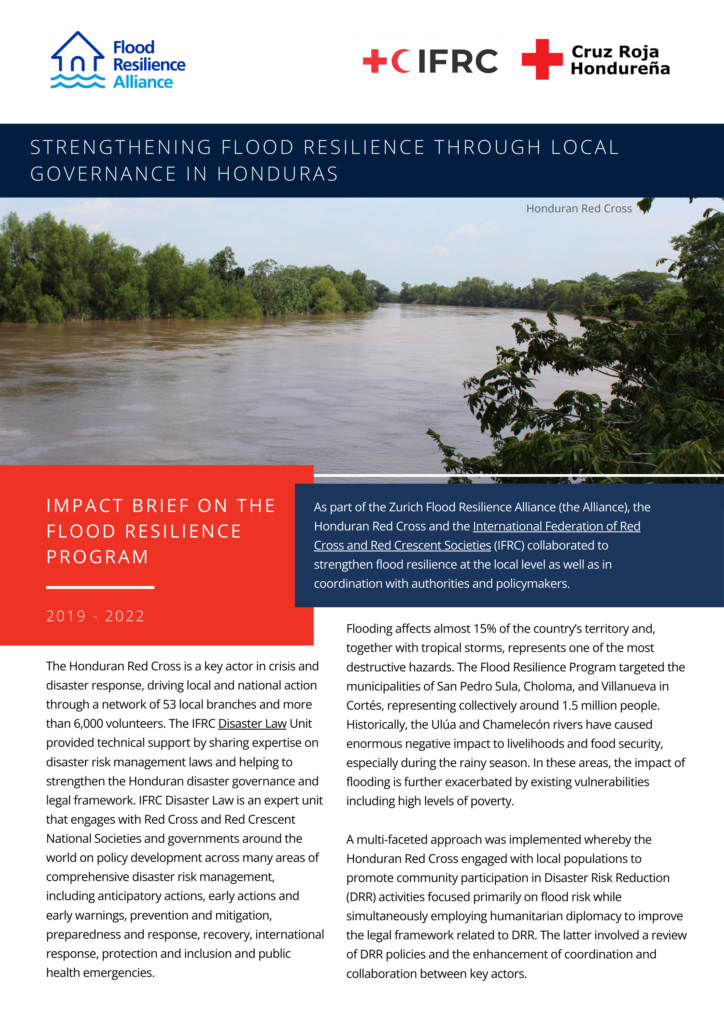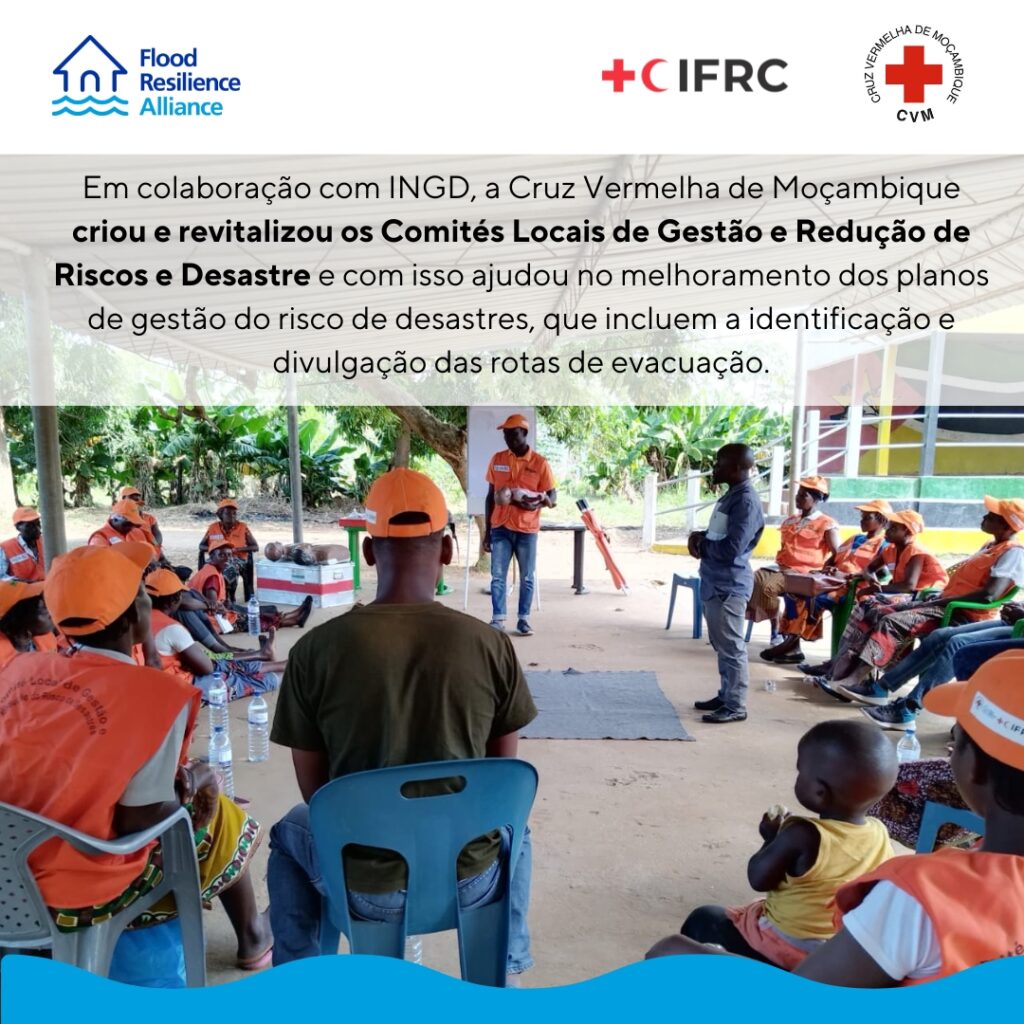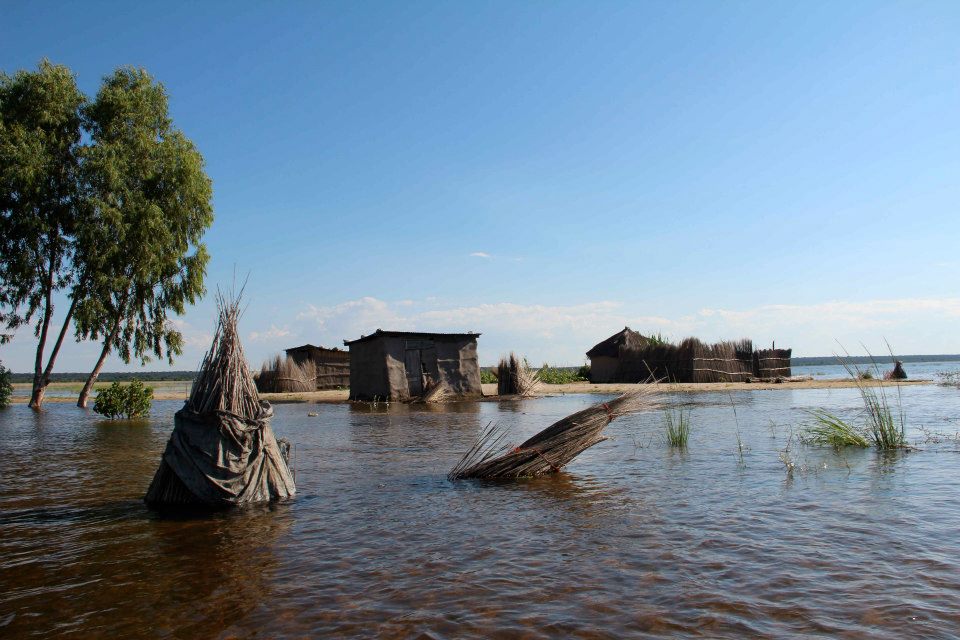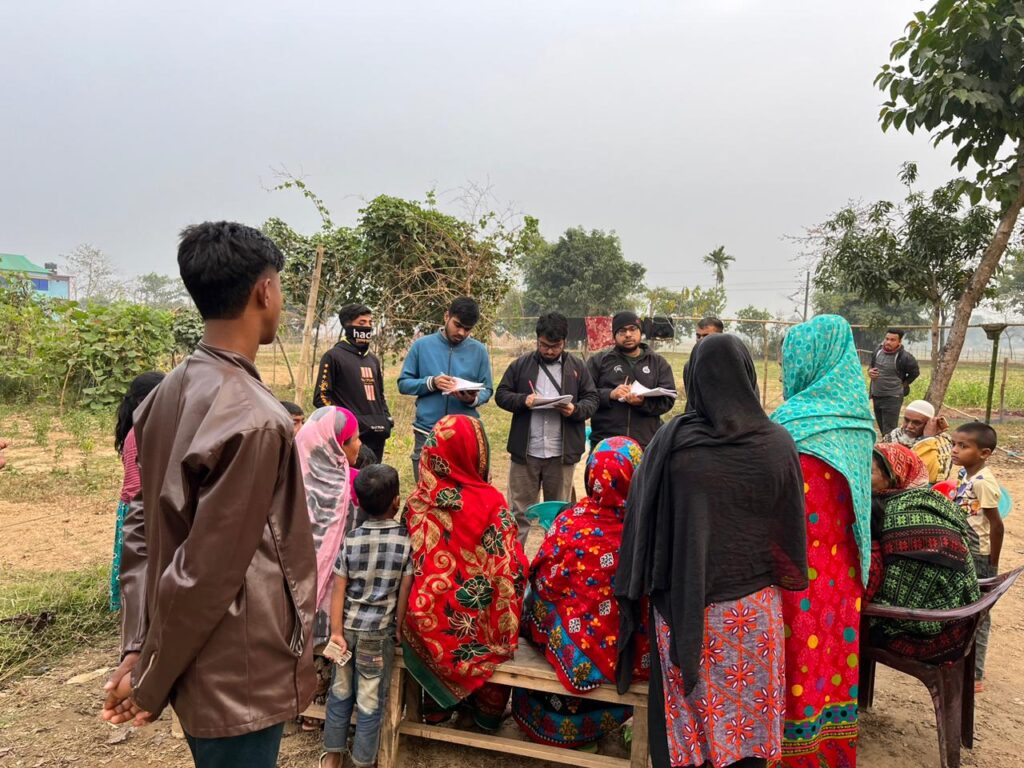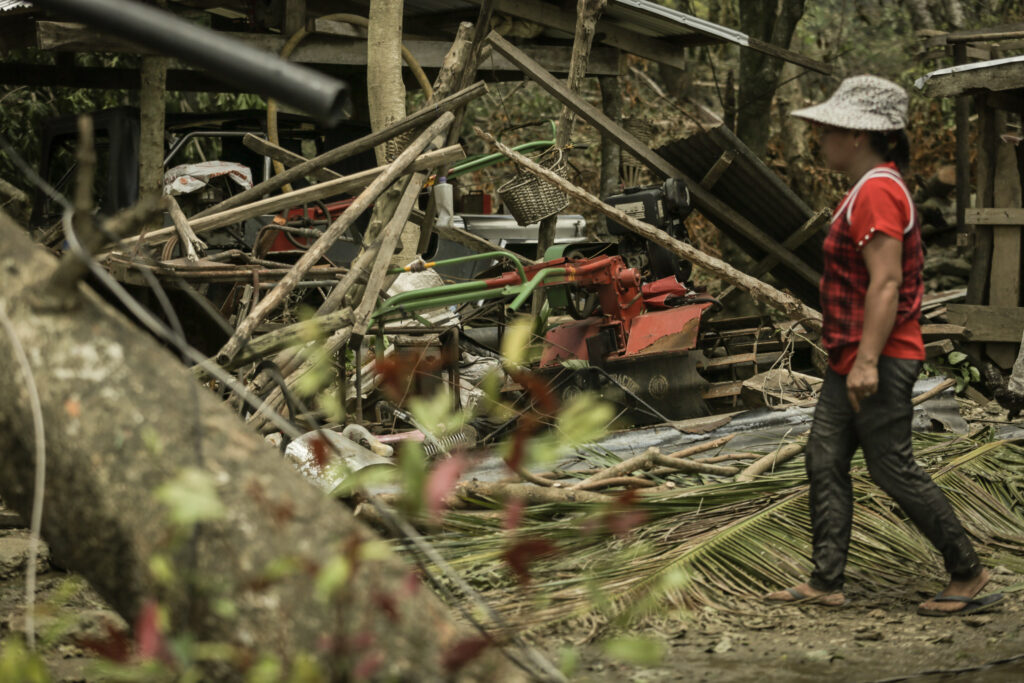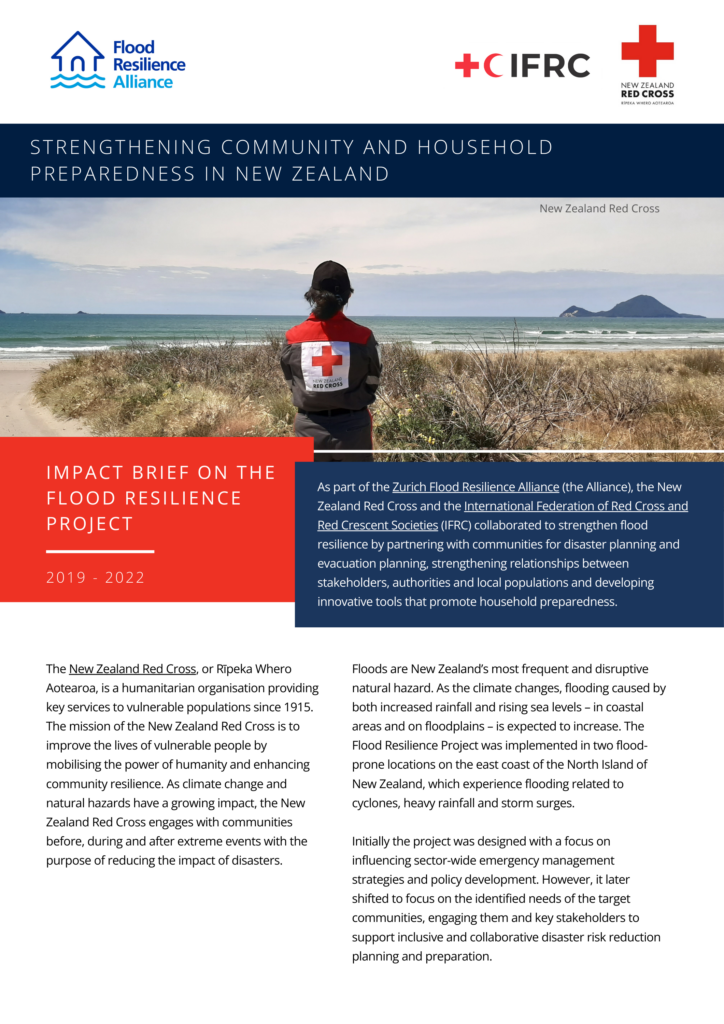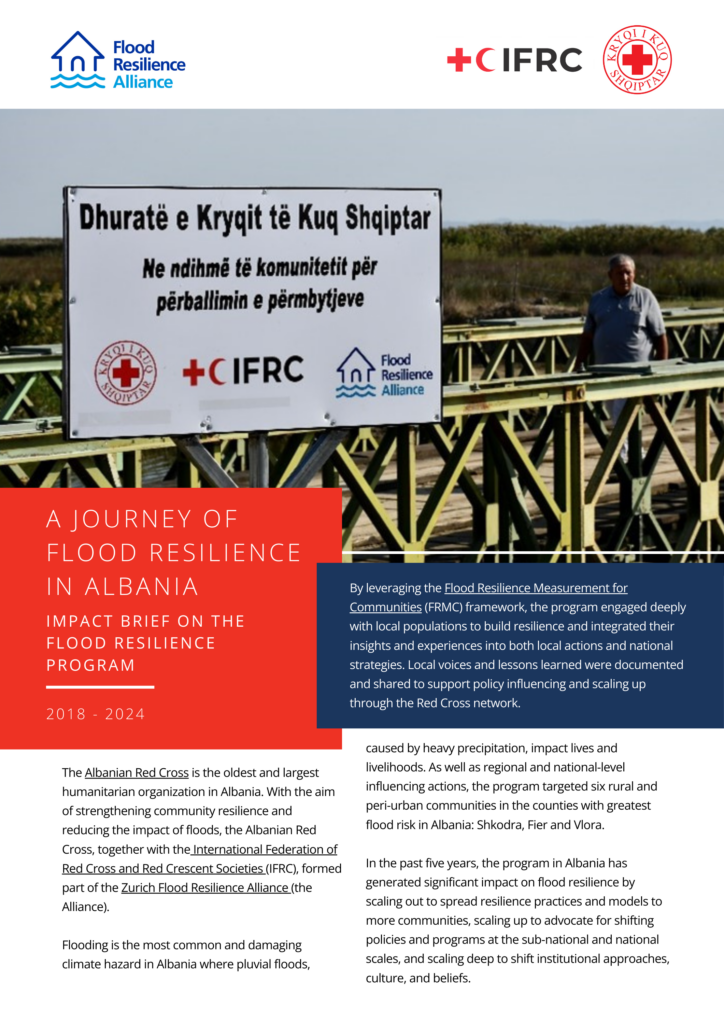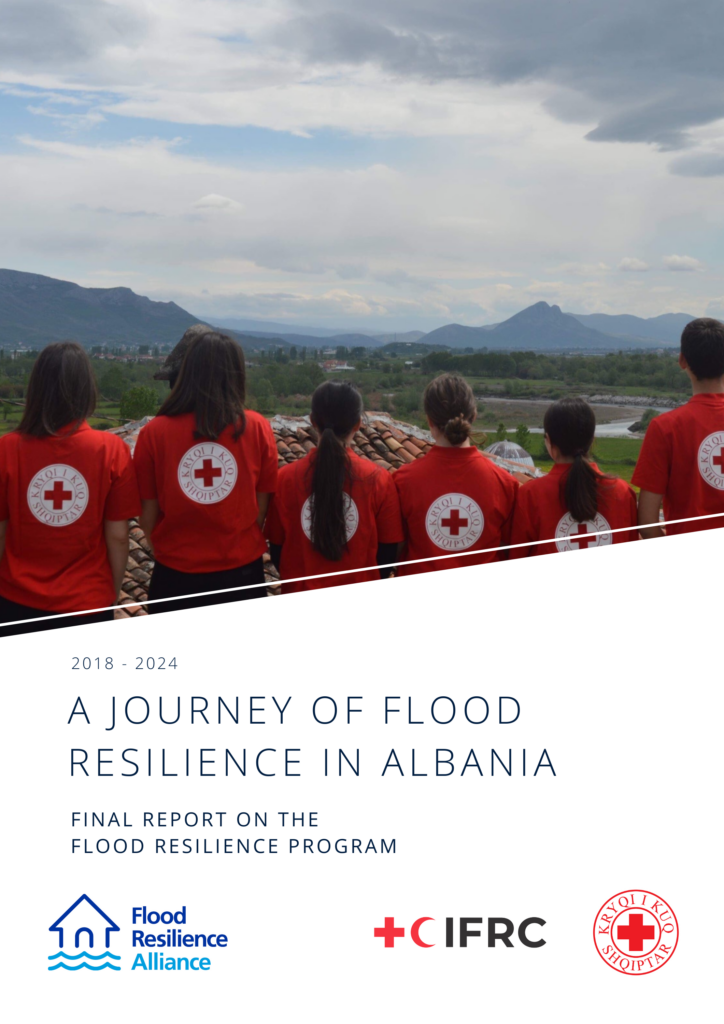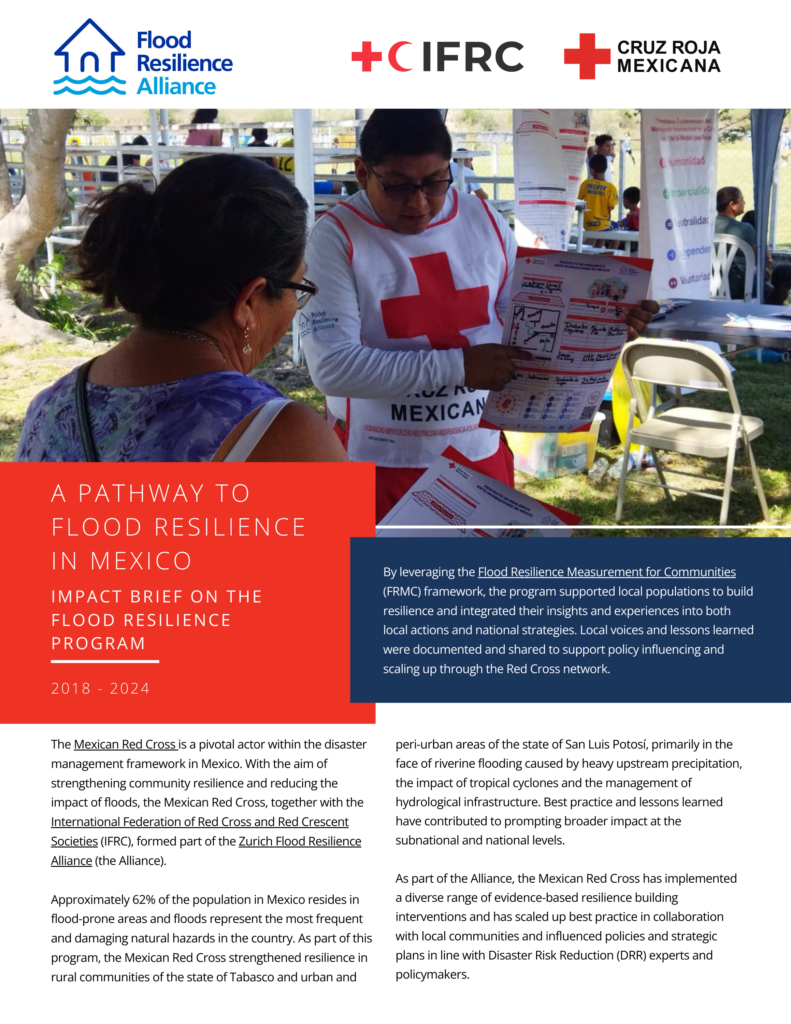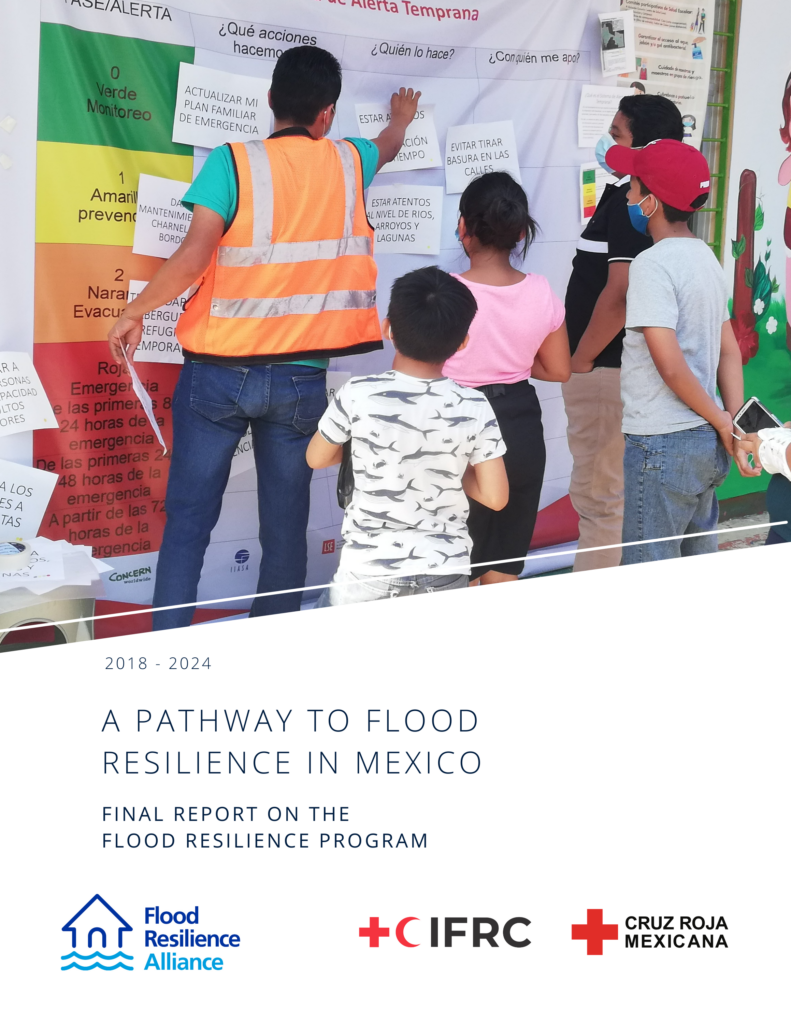Flood Resilience in Honduras: Impact Brief
With the aim of strengthening community resilience and reducing the impact of floods, the Honduran Red Cross, together with the International Federation of Red Cross and Red Crescent Societies (IFRC), formed part of the Zurich Flood Resilience Alliance. ZFRA_Impact brief_Honduras_ENG-digital This impact brief summarises the program activities, including 3 fundamental pillars of change, institutional learning and recommendations. Learn […]
Flood Resilience in Honduras: Impact Brief Read More »

